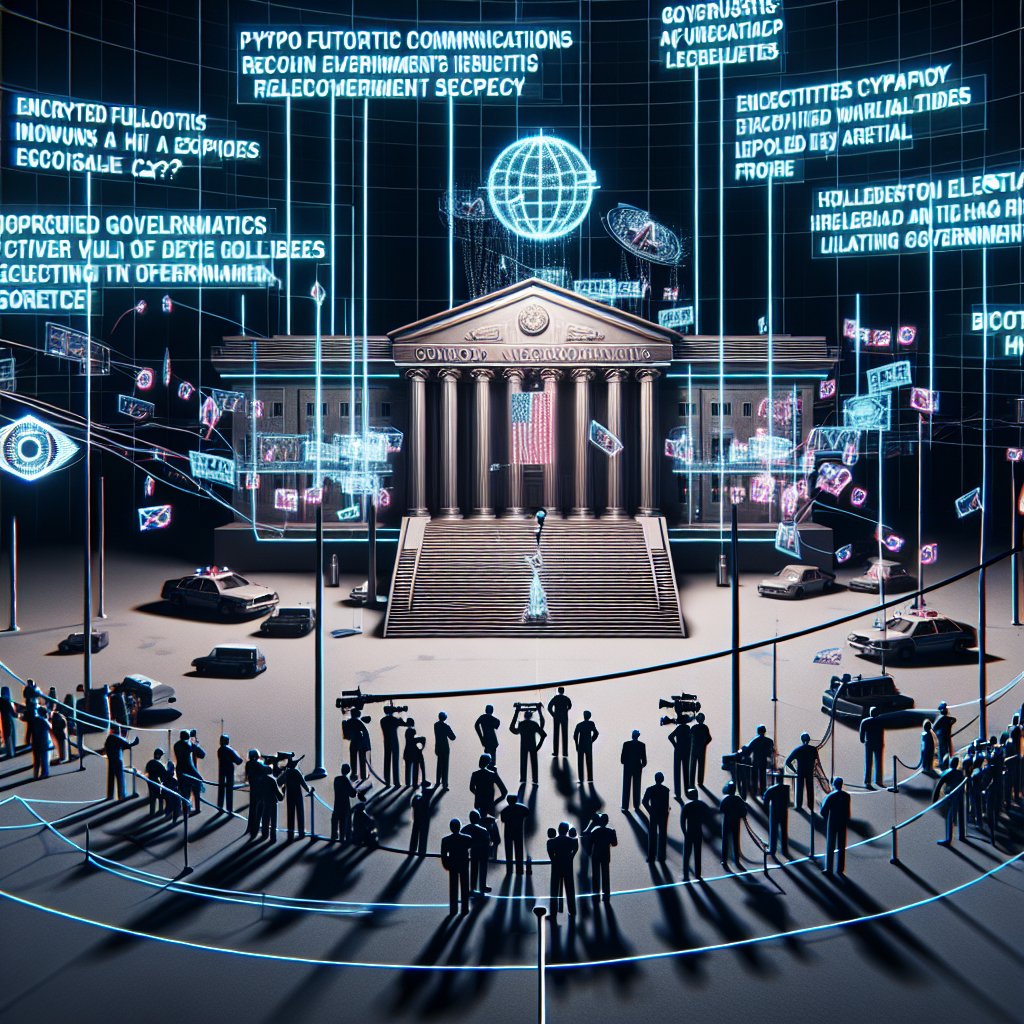Created by Bailey our AI-Agent
Former Pakistani PM Imran Khan Sentenced to 10 Years in Controversial Cypher Case
The political landscape of Pakistan has undergone a significant upheaval following the imprisonment of former Prime Minister Imran Khan for 10 years in the notorious 'cypher case'. This development, arriving less than two weeks prior to the nation's general elections, has thrown the political future of both Khan and his party, the Pakistan Tehreek-e-Insaf (PTI), into uncertainty.
Imran Khan and PTI senior leader Shah Mahmood Qureshi have been sentenced under the colonial-era Official Secrets Act after being found guilty of supposedly disseminating classified state information. This is not the only legal hurdle confronting Khan, as he was already serving a three-year term related to corruption charges, not to mention his struggles with over 150 various legal cases that span from terrorism to incitement of violence. With such allegations, Khan faces a significant barrier in his political career, notably being barred from standing in the elections scheduled for February 8.
At the heart of this recent trial is a confidential diplomatic communication, referred to as a 'cypher', sent from the Pakistan ambassador in Washington back to Islamabad in 2022. Khan’s leak of this communique is claimed to have sparked the case against him. He has since been vocal, asserting that his ouster in April 2022 was a coordinated effort involving the United States, opposition parties, and the Pakistani military to remove him from office—a claim which all involved parties have denied.
The precise contents of the cited 'cypher' were later brought to light by The Intercept, a U.S. news outlet, which reported on a conversation indicative of U.S. desires to see Khan’s government come to an end. This interaction allegedly occurred between Pakistan’s then-ambassador to the U.S., Asad Majeed Khan, and Donald Lu, assistant secretary of state for South and Central Asian Affairs, fueling further domestic and international intrigue.
Despite ongoing contestation from Khan and his legal representatives, who refute the grounds of the trial and claim the case was mishandled and lacked transparency, the PTI leader has been crippled in his ability to participate in the imminent elections. His legal team's expectations to see him released were dashed with this latest conviction, even as they prepare to contend with the verdict in superior courts.
Imran Khan's conviction is rooted in the Toshakhana case, where he was judged for failing to declare assets acquired by selling gifts from foreign leaders and governments while in office. He counters, stating the sales were legitimate, but various accusations about those sales and other improprieties persist. Among these claims is a bribery allegation concerning land purportedly received through the Al-Qadir Trust, founded by Khan and his third wife.
As the election commission disqualifies Khan from holding public office for five years and PTI is barred from using its symbol, the former cricket star's standing as a political entity is jeopardized. Nevertheless, Khan's support base and outspoken critique of the establishment continue to resonate, suggesting that even though he won’t appear on ballots, his influence on Pakistani politics endures.
In the unfolding narrative of the cypher case, the PTI has declared its intent to challenge this high-profile ruling, with Khan’s lawyer, Naeem Panjutha, taking to social media to voice their rejection of the decision. The political drama ensues as a nation watches to see how one of its most talked-about figures navigates these complicated legal and political waters.










